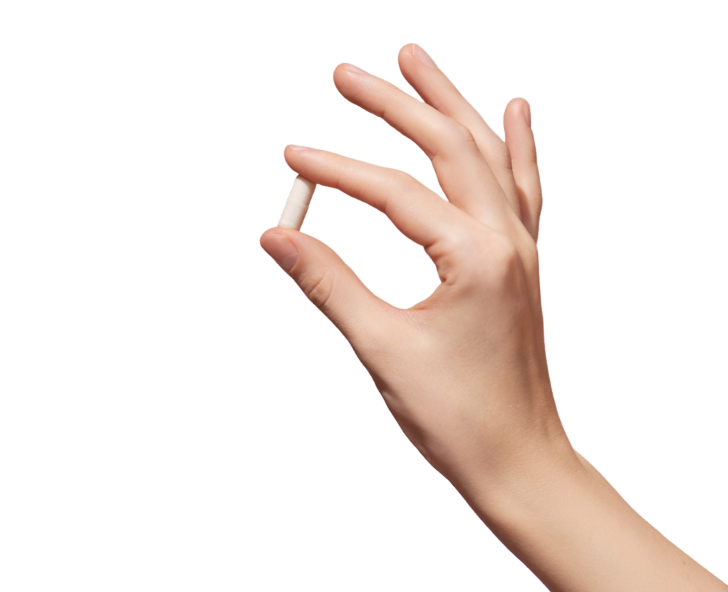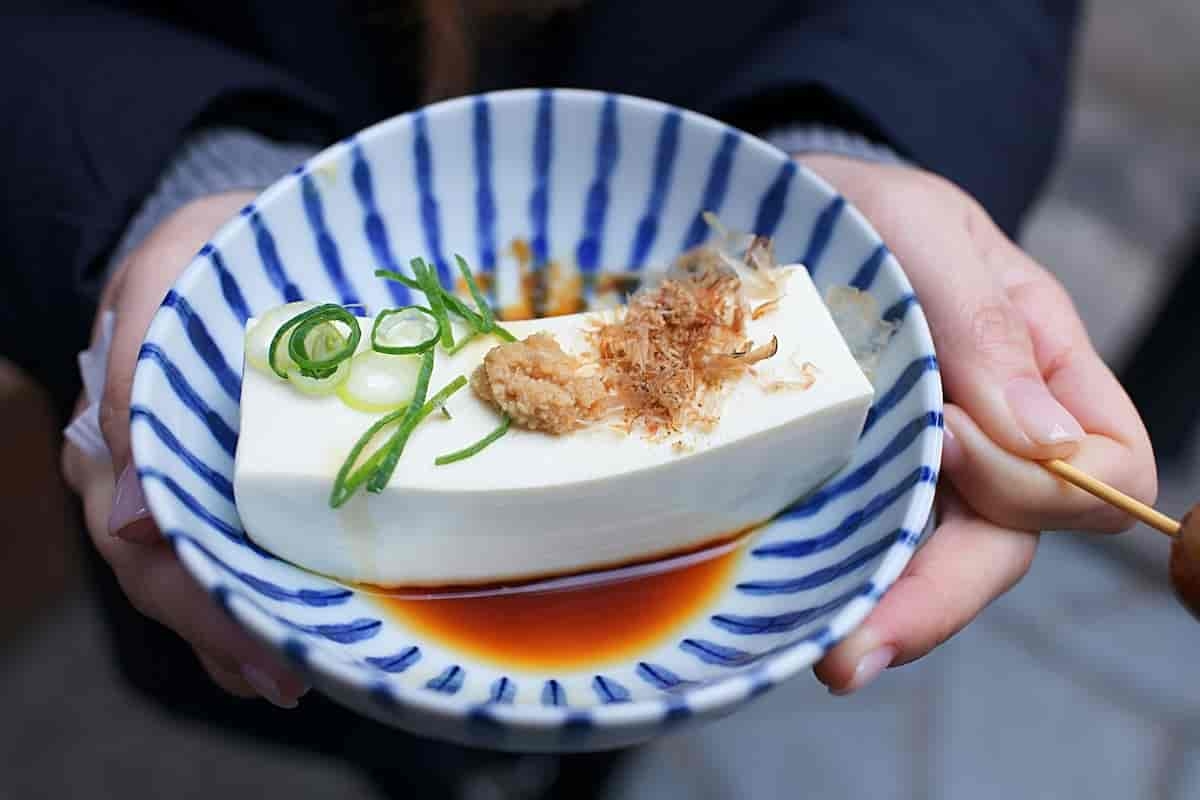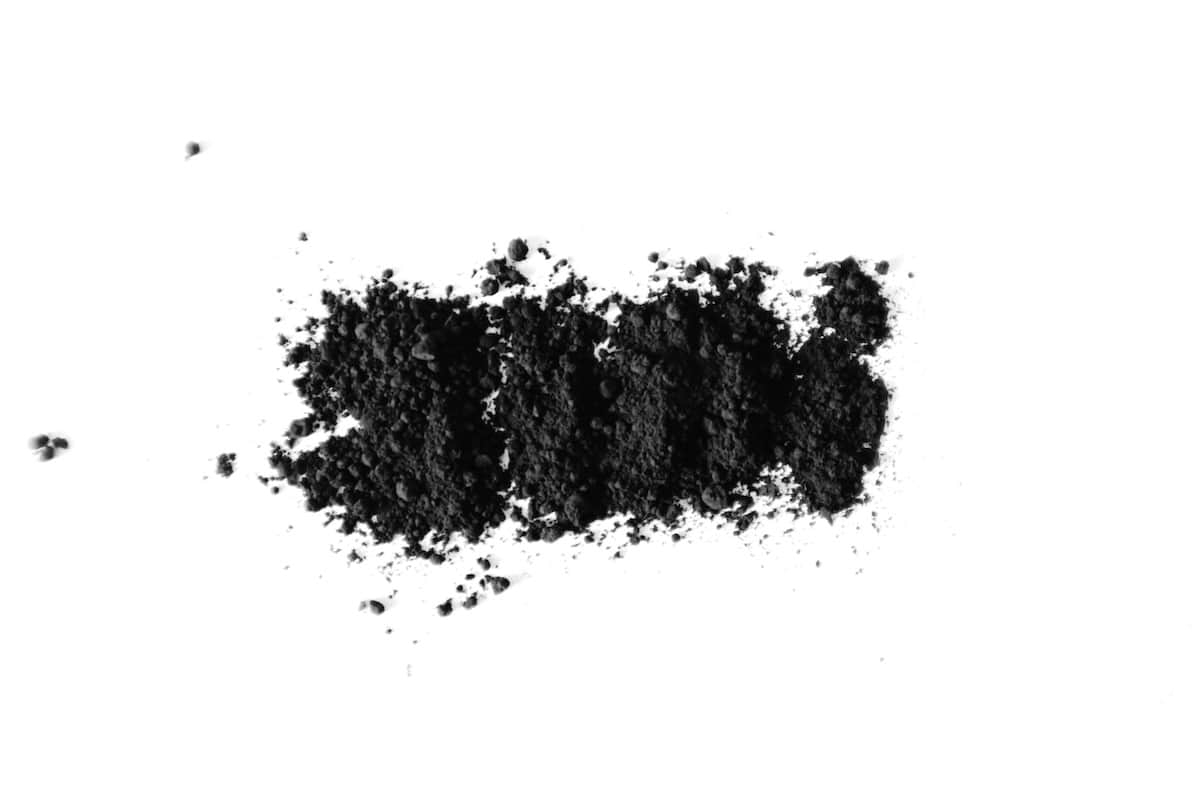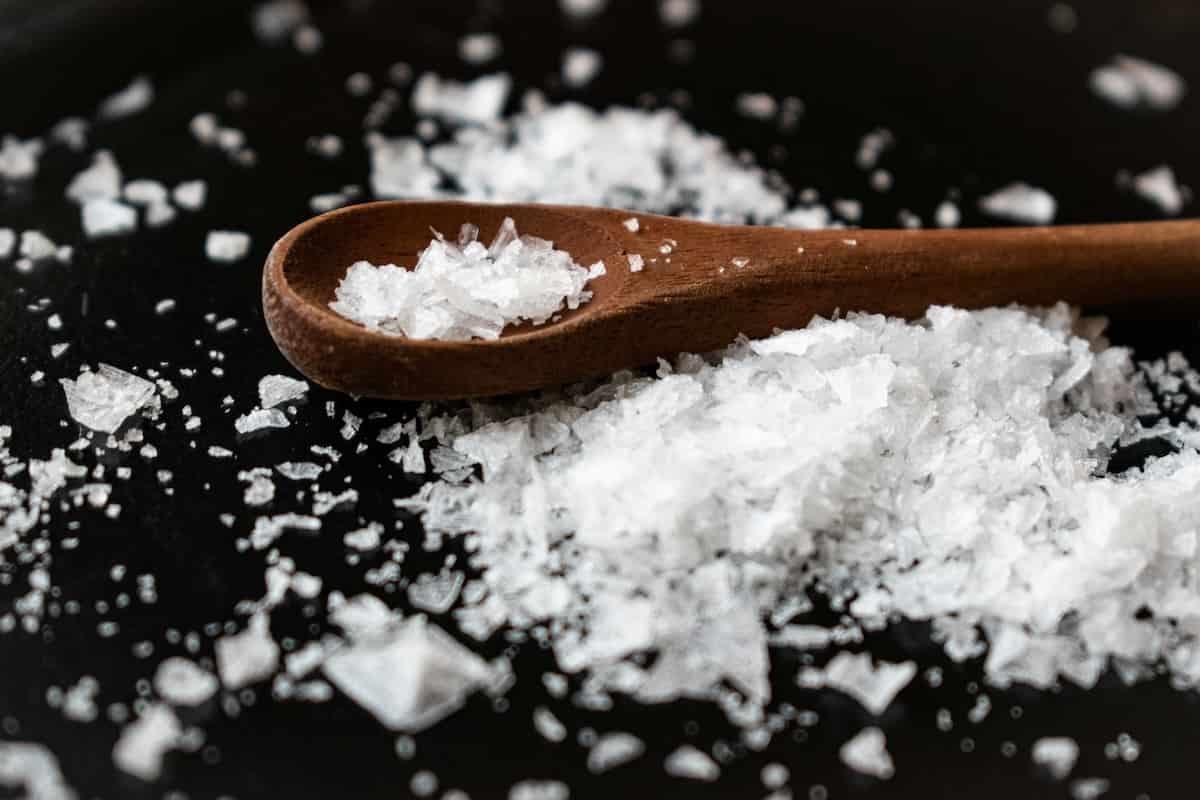Last update: July 17, 2025
6 minute read
Does Ghee Expire? Unveiling the Shelf Life and Storage Secrets of Clarified Butter
Wondering if that jar of ghee in your pantry is still good? Discover how long ghee lasts, how to store it properly, and signs it's time to toss it.

By Derick Rodriguez, Associate Editor
Edited by Stephanie Wright, RN, BSN
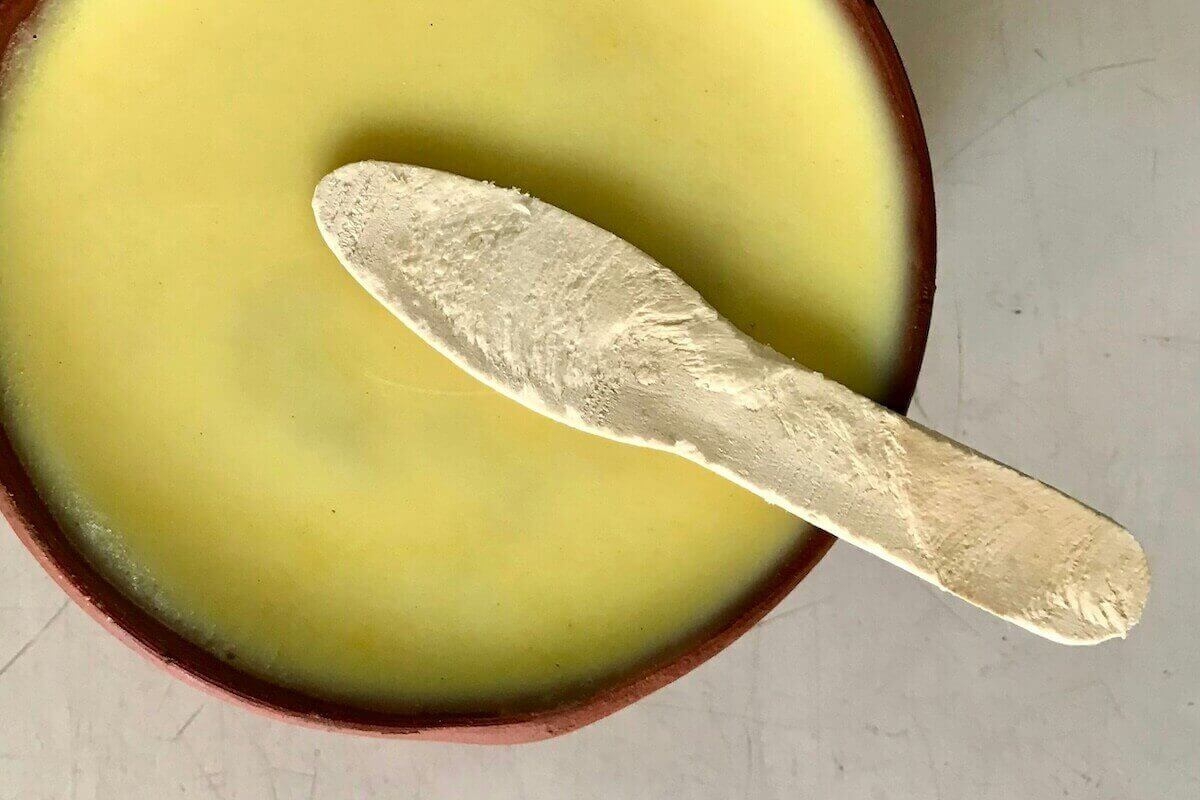
Ever found an old jar of ghee tucked away in your kitchen cabinet and thought, "Is this still okay to use?" You're not alone. Ghee, the golden clarified butter cherished in many cuisines, seems almost eternal.
But does it really last forever? Let's dive into the shelf life of ghee and uncover how to keep it fresh for as long as possible.
Key takeaways
- Unopened ghee can last up to 2 years when stored properly
- Proper storage is crucial; keep ghee in an airtight container, away from light and moisture
- Signs ghee has gone bad include rancid smell, discoloration, or mold
What is ghee?
Ghee is a form of clarified butter that originated in ancient India. It's made by simmering unsalted butter to separate the milk solids and water from the fat.
The result is a rich, aromatic golden liquid that's prized for its nutty flavor and high smoke point. Ghee is not only a staple in Indian and Middle Eastern cuisines but also valued for its potential health benefits and lactose-friendly composition.
Does ghee expire?
Yes, ghee does expire, but it boasts a longer shelf life than regular butter thanks to its stable fat composition. Removing the milk solids during the clarification process reduces moisture content, slowing down spoilage and making ghee shelf-stable for extended periods.
Why does ghee last longer than butter?
Unlike regular butter, which contains water and milk proteins, ghee is almost entirely pure butterfat. The absence of milk solids and water means fewer components that can spoil or foster bacterial growth.
This purity not only extends ghee's shelf life but also gives it a higher smoke point, making it ideal for high-heat cooking.
Shelf life of unopened ghee
Unopened ghee is pretty resilient. When stored in a cool, dark place, it can last about one to two years.
If you pop it in the fridge, you can extend its life up to two years. So, that unopened jar you bought last year? It's probably still good.
Shelf life of opened ghee
Once you break the seal, the clock starts ticking a bit faster. At room temperature, opened ghee maintains its best quality for about 3 to 6 months.
Want to stretch that? Refrigerate it, and you'll get up to a year of use. Remember, exposure to air, light, and moisture can accelerate spoilage, so proper storage is key.

Get your personalized vitamin recommendations in less than 3 minutes.
Get your personalized vitamin recommendations in less than 3 minutes.

Shelf life of homemade ghee
Making ghee at home? That's awesome!
Homemade ghee, when stored properly in an airtight container, can last up to a year, sometimes even longer if there's no noticeable change in smell or appearance. Keep it in the fridge, and you might extend its life over a year.
Storage conditions
Proper storage is crucial to maximizing ghee's shelf life. Here are some tips:
- Use an airtight, odorless, and dry container. Glass jars with tight-fitting lids are ideal.
- Keep it away from direct light, moisture, heat, and air. Store your ghee in a cool, dark place like a pantry or cupboard.
- Always use a clean, dry spoon to scoop out ghee to prevent contamination.
By following these steps, you'll help your ghee stay fresh and delicious for as long as possible.
Signs of spoilage
Not sure if your ghee has gone bad? Watch out for these signs:
- Rancid smell: A sour or unpleasant odor is a red flag.
- Discoloration: Fresh ghee is golden yellow; if it turns white or has dark spots, beware.
- Mold growth: Any visible mold means it's time to toss it.
If your ghee smells funny or tastes off, it's best to err on the side of caution and discard it.
Health made easy: your go-to resource for essential vitamins and supplements
How to extend the shelf life of ghee
Looking to make your ghee last even longer? Here are some additional tips:
- Keep ghee refrigerated: While ghee doesn't require refrigeration, keeping it in the fridge can significantly extend its shelf life.
- Avoid cross-contamination: Never dip used utensils into your ghee jar. Even small food particles can promote bacterial growth.
- Consider freezing: Freezing ghee can preserve its freshness for even longer periods. Just ensure it's in a freezer-safe, airtight container.
Uses of ghee
Ghee isn't just for cooking! Here are some popular uses:
- High-heat cooking: With a smoke point of around 485°F (252°C), ghee is perfect for frying and sautéing.
- Baking: Swap ghee for butter in your baking recipes for a richer flavor.
- Ayurvedic practices: Ghee is often used in traditional remedies and rituals.
- Skin care: Some people use ghee as a moisturizer due to its hydrating properties.
Nutritional benefits
Ghee is more than just a tasty fat—it's also packed with nutrients:
- Rich in fat-soluble vitamins: Ghee contains vitamins A, D, E, and K, which are essential for health. For example, vitamin D plays a crucial role in maintaining bone density and joint function.
- Contains conjugated linoleic acid (CLA): CLA has been linked to various health benefits, including weight management.
However, like all fats, ghee is calorie-dense, so it should be consumed in moderation as part of a balanced diet.
Scientific studies on ghee's shelf life
Impact of storage conditions
A study published in the Indian Journal of Dairy Science analyzed ghee stored over 180 days.
Researchers found that factors like storage period, type of container, and manufacturing method significantly affected ghee's quality. Nutrients like retinol and vitamin E decreased over time, emphasizing the importance of proper storage.
Enhancing shelf life with antioxidants
Another study looked into enzyme-modified ghee (EMG) and found that adding antioxidants like Butylated Hydroxy Anisole (BHA) extended the shelf life. The antioxidants helped maintain flavor and reduced the increase of peroxide value and free fatty acids during storage.
Frequently asked questions (FAQ)
Here are some of the most frequently asked questions about ghee.
Final thoughts
Ghee might seem like a kitchen staple that lasts forever, but it does have its limits. By understanding its shelf life and proper storage methods, you can enjoy this flavorful ingredient at its best.
So next time you stumble upon that jar of ghee, you'll know exactly whether to use it or lose it. Proper storage and handling are key to making the most of your ghee, keeping it fresh, delicious, and ready for your next culinary adventure.
Sources and references
- Health benefits of ghee: Review of Ayurveda and modern science perspectives - PMC
- From tradition to science: Possible mechanisms of ghee in supporting bone and joint health - PubMed
- Conjugated Linoleic Acid and Its Beneficial Effects in Obesity, Cardiovascular Disease, and Cancer - PMC
- Recent innovations in functionality and shelf life enhancement of ghee, clarified butter fat - PMC
- Extending the Shelf Life of Ghee Using Garden Cress and Jojoba Oils as Alternatives of Synthetic Antioxidants
Editor

Derick Rodriguez
Derick Rodriguez focuses on editing health and wellness-related content. With over half a decade of experience in the digital realm, Derick has developed a unique skill set that bridges the gap between complex health concepts and accessible, user-friendly communication. His approach is deeply rooted in leveraging personal experiences and insights to illuminate the nuances of health and wellness topics, making them more approachable and empowering readers with knowledge and confidence.
Author

Stephanie Wright
Stephanie brings over 13 years of diverse nursing experience to the table, having honed her expertise in critical care, mental health, and utilization management. Her journey as a registered nurse across these various healthcare sectors underscores her adaptability and deep commitment to patient care.
At VitaRx, we're not just passionate about our work — we take immense pride in it. Our dedicated team of writers diligently follows strict editorial standards, ensuring that every piece of content we publish is accurate, current, and highly valuable. We don't just strive for quality; we aim for excellence.
Related posts
While you're at it, here are some other relevant articles you might be interested in.

Get your personalized vitamin recommendations in less than
5 minutes.
Get your personalized vitamin recommendations in less than
5 minutes.









